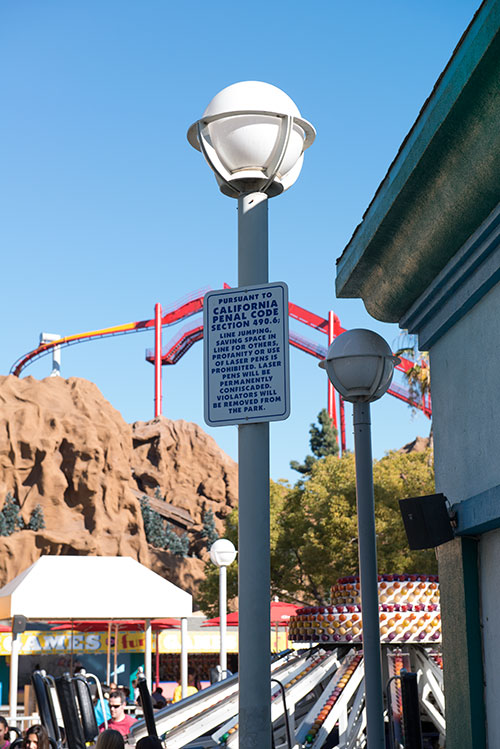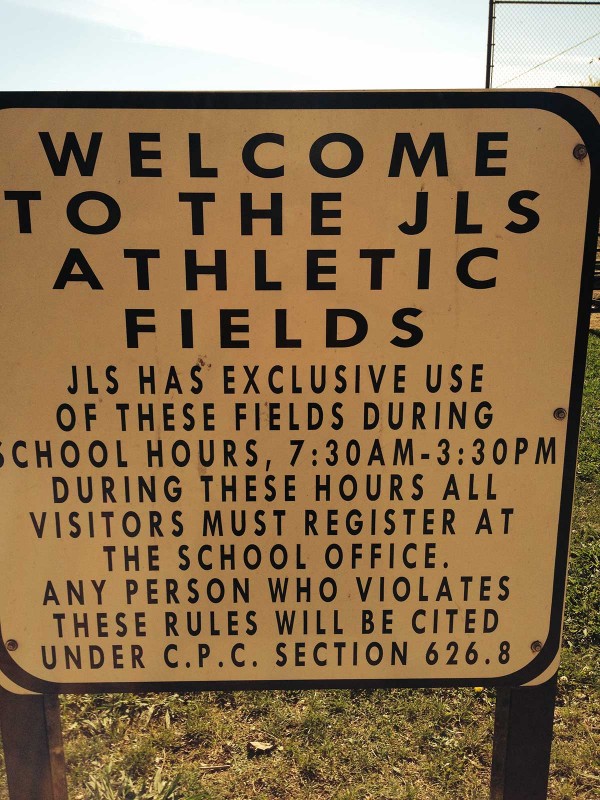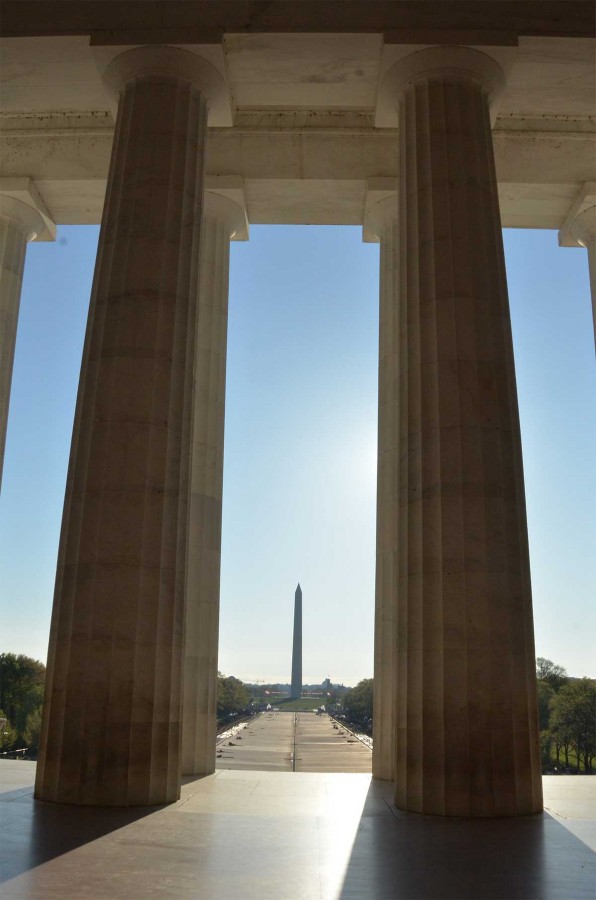I was stopped at an traffic light this afternoon when two police officers on motorcycles entered the intersection from my left with their lights flashing. They stopped briefly and then proceeded through the intersection. At first, I thought that some dignitaries may be paying a visit to Silicon Valley and these officers were serving as a police escort. However, there was no train of black Suburbans following behind.
Instead, I witnessed a stream of “regular” cars, and finally noticed a funeral placard affixed to the windshield of one of the vehicle. While the funeral procession was driving through the intersection with the green light, there was no problem. However, once the light changed, the procession continued through the intersection at the same speed, nearly causing an accident.
The traffic laws regarding funeral processions in California is governed by California Vehicle Code Section 2817.
Any person who disregards any traffic signal or direction given by a peace officer authorized pursuant to subdivision (d) of Section 70 of the Penal Code to escort funeral processions, if the peace officer is in a peace officer’s uniform, and is in the process of escorting a funeral procession, shall be guilty of an infraction and subject to the penalties provided in subdivision (a) of Section 42001.
California doesn’t explicitly grant funeral processions the right-of-way, but the California DMV website states:
Do not block or hinder a funeral procession. Vehicles taking part in a funeral procession have the right-of-way, and if you interfere, obstruct, or interrupt the funeral procession, you are subject to a citation (CVC §2817). A funeral procession is led by a traffic officer. All vehicles taking part in the procession have windshield markers to identify them and have their headlights on.
For the procession I witnessed, the practical issues are (1) the funeral placard is not that easy to see at first, (2) headlights are not as meaningful a distinction in the era of daytime running lights, and (3) after the police officers had departed from the intersection, drivers arriving later to the intersection may not have been aware that a funeral procession was passing through.
So, when the traffic light turned red for the funeral procession, a couple cars darted into the intersection from their left. Fortunately, they stopped before there was a collision.


